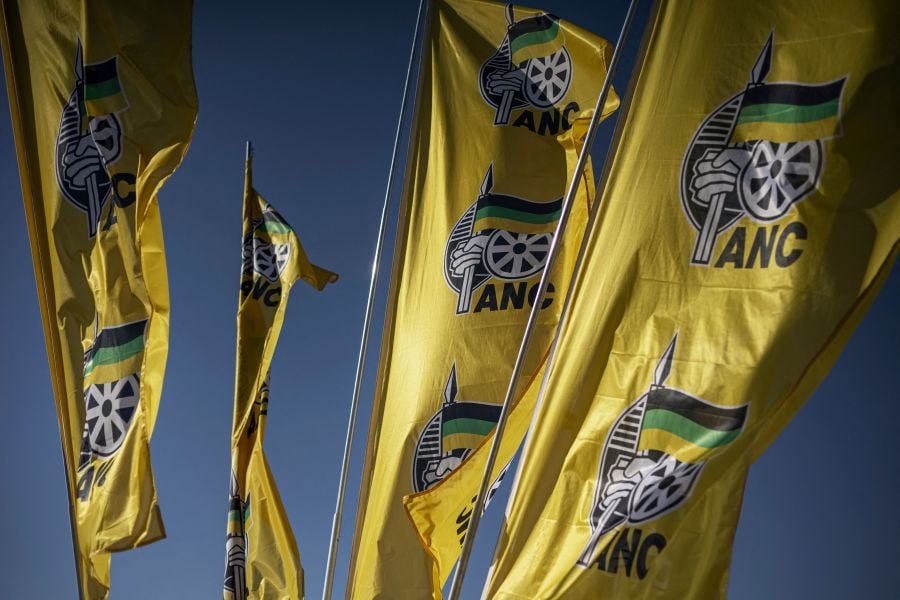AFTER a general election in which the ruling African National Congress (ANC) lost its long-accustomed majority, a coalition government of national unity was cobbled together, with Cyril Ramaphosa sworn in for another term as president.
This harks back to our very own government of national unity formed after the last general election.
The key difference between our own and South African political governance is that although a coalition government is a relative novelty in the African country, Malaysian governance is always synonymous with coalitions.
(Nelson Mandela, in an act of magnanimity, included his foes in the apartheid-era, whites-only government he had succeeded in his government.)
The new coalition government of South Africa has generally been welcomed. For, despite clear risks from more nationalist and populist political elements, Ramaphosa succeeded in bringing into government the liberal-leaning "party of whites", the Democratic Alliance (DA).
The DA, despite efforts to make its party membership truly multi-racial, has not been able to shake off its image as a party of the country's white minority.
Thus, even though it is viewed as a successful party and made gains in the general election, the DA never had a realistic chance of being the governing party on its own.
The DA's joining the ANC in government is not without political risks to the former. If it becomes perceived as ineffective in the new, ruling coalition to reform and jumpstart the sclerotic economy, its future political success may dim.
All this looks to be rather familiar political terrain to Malaysians, too. For the DA, substitute the DAP. For the longest time, Malaysians tended to view the DAP not just as the party of the Chinese but also that it is good only as an opposition party.
The DAP and DA probably now share the same "problem" in the give-and-take and rough-and-tumble not just in the business of governing but, perhaps even more important, in the business of governing in a coalition.
Some in Malaysia say the country's problems stem from having politics organised along racial lines.
I tend to take the view that our political development actually follows a very pragmatic trajectory of catering to popular aspirations, as any democracy worth its salt would and should.
What happens now in South African politics vindicates my take on Malaysian politics, I would like to think.
When black South Africans constitute something like 80 per cent of its entire population, it seems suicidal for political parties to want to cater to any other racial groups except blacks unless their mission is to represent racial minorities.
In any case, parties wittingly or otherwise catering to South African racial minorities would never stand a chance of being in government if, as until now, the ANC always won an outright majority.
Thus, political parties may subconsciously become racial even if they did not start out wanting to be so.
This being the case, our lamentations about politics becoming racial may be futile and generally miss the point. The point should be to accept the way things are and make the most of whatever political decks we are dealt with.
Besides, as our experience shows, coalition governance as opposed to single-party governance not only avoids extremes in politics and policies but also is the best assurance of balanced and wise economic outcomes.
So while South Africa now goes into a coalition government more out of necessity than any effort to emulate what has always been the case with us, there is good reason to hope the outcome will be just as positive overall.
The writer views developments in the nation, region and wider world from his vantage point in Kuching






